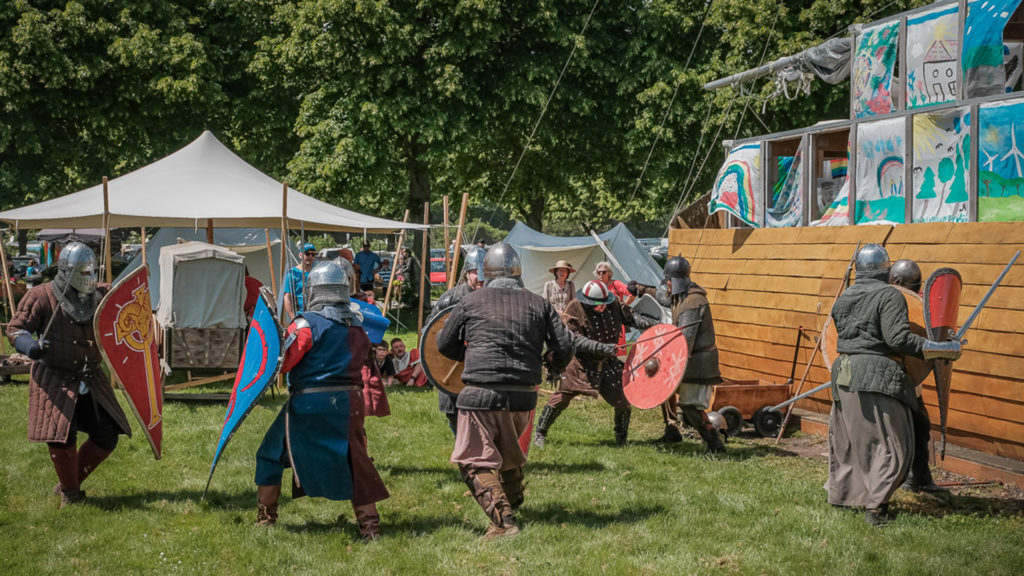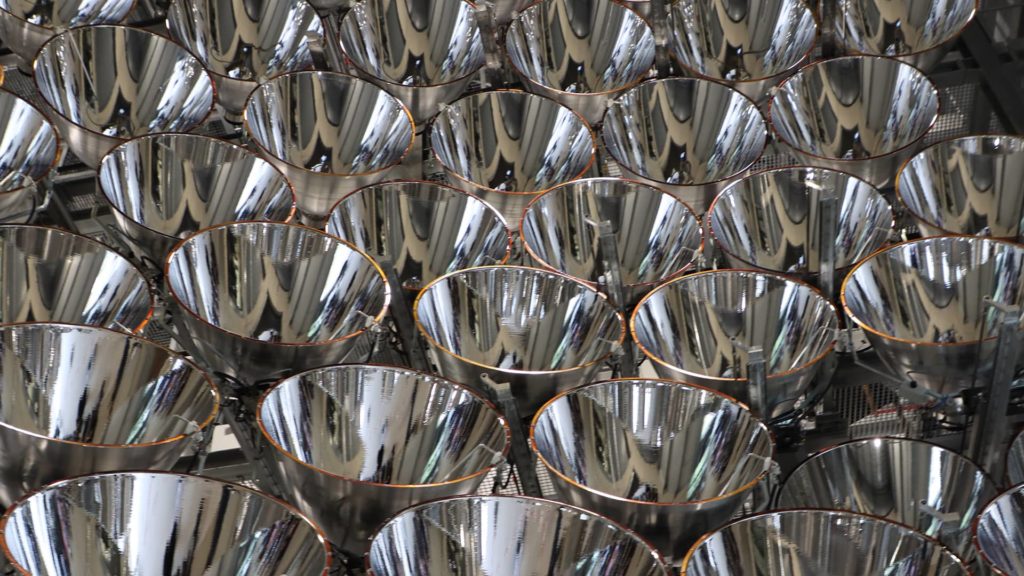In 1801, the Rhineland came under French control in the Peace of Lunéville, and the Duchy of Jülich was dissolved. The city became part of the newly formed Département de la Roer, Arrondissement de Cologne. The French closed all monasteries, including the gymnasium, and carried out significant expansions of the fortifications to use Jülich as a base for a large army and to protect the important Rur crossing on the military road to France. The construction of the bridgehead began in 1799 and was completed around 1806. Today, after the State Garden Show in 1998, the bridgehead provides a unique setting for a family and leisure park.
Napoleon Bonaparte visited the city twice to oversee the progress of the construction work. He halted construction on a fort at Merscher Höhe and ordered the fort to be completely buried, as he was concerned about the expenses and the honor of the army. Following the collapse of Prussia, the expansion plans were significantly reduced in favor of extending Wesel. Jülich was besieged by Prussian, Swedish, Danish, and Mecklenburg troops from January 17 to April 19, 1814, before the French abandoned the city.
During construction work for a new Rur bridge in 2023, a significant archaeological find from the Napoleonic era was uncovered.
















